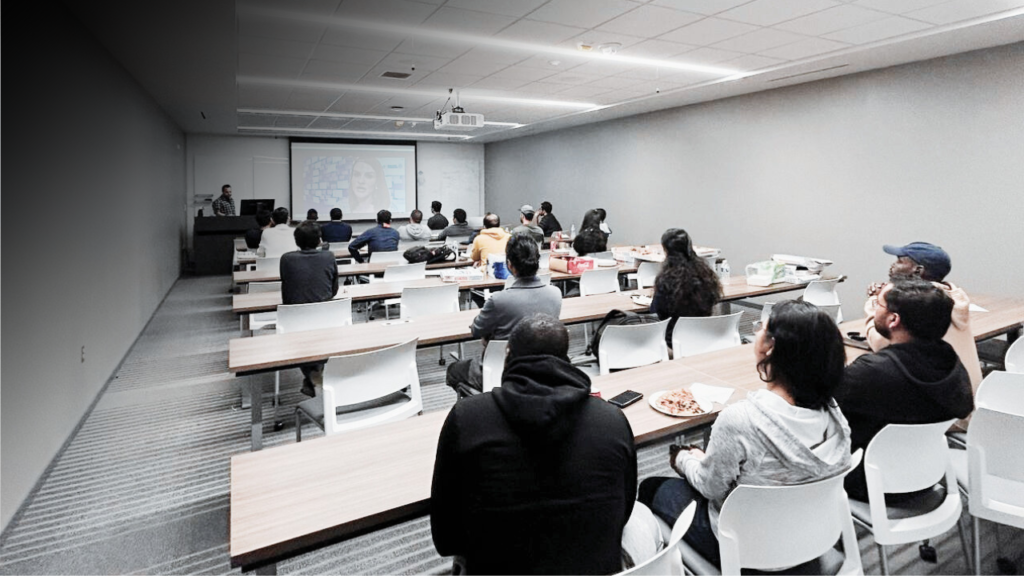Entering college is a significant adjustment for most students. It is a time of increased independence, there is a new academic rigor, a new social environment, and a complete
rebalancing of responsibilities. I will also add to that list and say that college is a period of significant personal development and time management. For the first time, most students will suddenly find themselves with a less structured schedule than high school. At this time, they need to develop strong time management skills to balance classes, studying, and personal activities.
I have a son entering college, and I was thinking of some things that a new student entering college ought to think about. My son, did not go straight into school, he served a mission in Rwanda for two years, and is just now getting ready to start school in the fall. He had decided that he was going to earn money for his mission first, and then upon his return, start college. I wanted to provide him with some thoughts to help him—and any others entering into college—be successful.
First, for a new college student who wants to be career-focused, set clear goals. Define initial career objectives early on. The eager-to-be-successful student should research potential career paths and set both short-term and long-term goals. At the same time, seek internships and part-time jobs to gain practical experience in their field of interest, consider volunteer work as well. In addition, this will help build their resume and provide valuable industry insights.
Second, network actively. Attend local career fairs, networking events, and even join professional associations related to your field of interest. This can be done virtually as well as in person, but attending in person will help develop needed networking skills. Make sure while at college to connect with professors, alumni, and industry professionals. Develop soft skills; work on communication, teamwork, problem-solving, and leadership skills. These are crucial for any career and are often valued as highly as technical skills. Concurrently, build a strong online presence. Create and maintain a professional LinkedIn profile, for example. Share achievements, participate in relevant discussions, and connect with professionals in their field.
Next, while in college, every student should be utilizing Career Services. Just about every college has this valuable resource. Career Services often arrange job fairs and connect with local organizations, as well as alumni associations to provide numerous opportunities for students. They also will often offer resume reviews, mock interviews, career counseling, and job placement assistance.
Finally, here are three simple pieces of advice that I am going to “bunch together,” that I would give to people in or who are just entering school. One, shadow. Students need to be thinking about how they can get broad exposure in jobs that they are interested in. How can they actually shadow a career that they are interested in to help them discover if that is really for them? And do so before they go and spend all four years in college, and at the same time, possibly spend hundreds of thousands of dollars chasing down a path that may not be right for them. Two, while still in school, take lots of different electives because a student may find that their capabilities and interests lies somewhere else—a path they had not considered. Finally, ideally, find something they are good at. People will say find something you’re passionate about. But I could be passionate about singing opera and not have a chance of a career in it. If you are lucky, you will find something you are good at—and enjoy and over time it is likely this will become your passion. That’s truly a winning combination.
